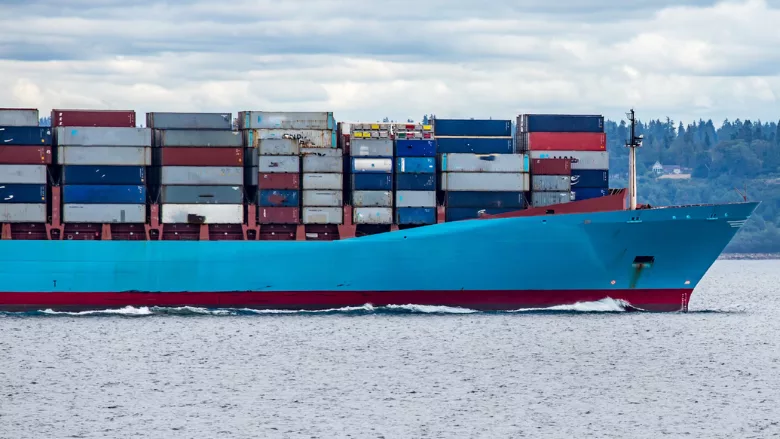WTO Publishes Guide to Combating Food Fraud, Illicit Trade of Food

Image credit: Ian Taylor via Unsplash
A recent publication from the World Trade Organization (WTO)—written in collaboration with the Food and Agriculture Organization of the United Nations (FAO), food safety nonprofit SSAFE, the International Seed Federation (ISF), and other experts in food safety and food crime spanning the supply chain—explores the challenges of combating food fraud and illegal practices in food trade. The publication also explains the WTO rulebook and the role it can play in combatting food fraud and illicit food trade.
In the publication, WTO describes illicit trade in food and food fraud as “the buying and selling of products to be eaten, drunk, or grown that are not what they are claimed to be; that fail to comply with health and other regulations (e.g., on quality); and that are smuggled or otherwise produced or traded outside the legitimate market framework.” Illicit trade in food and food fraud inflict considerable damage to international trade and public health.
The WTO rulebook contains agreements that together create a legal framework for international food trade, helping to combat illicit trade and fraud. The publication identifies several areas in which improvements could be made to dissuade criminals from engaging in illegal trade or food fraud, such as:
- Reducing import and export restrictions. The smuggling of agriculture products is driven by a disparity between the price of a good at its origin and its destination, which can include price differentials deriving from government subsidies. Ongoing WTO agriculture negotiations aim to simplify tariff structures, reduce excessively high tariffs and trade-distorting subsidies, and address import and export restrictions, with the goal of reducing the incentives for smuggling and illegal trade.
- Enacting modern food safety legislation. Holistic regulations on the detection, prevention, mitigation, and control of food fraud can lessen the room of opportunity for fraudsters.
- Conducting timely, thorough investigations. Criminal investigations identify illicit actors, uncover fraud, and expose risks to public health. Customs authorities have a key role to play.
- Public-private collaboration and international cooperation. Collaboration spanning stakeholders and the international community is necessary to design preventive solutions to food fraud and illegal food trade. Prevention is more cost-effective and protective of consumers than reacting to illegal trade and fraud after it occurs.
WTO rules of particular importance to food safety are the “Agreement on the Application of Sanitary and Phytosanitary Measures,” which allows WTO members to regulate food imports based on science and risk assessment techniques, and the “Agreement on Technical Barriers to Trade,” which allows members to address deceptive practices. Other relevant WTO agreements covered in the publication include the “Trade Facilitation Agreement,” which could help members eliminate excessively cumbersome customs procedures and red tape at borders that present opportunities for exploitation. Additionally, the “Agreement on the Trade-Related Aspects of Intellectual Property Rights” may be useful to members in tackling counterfeit food and beverages. The “Agreement on Fisheries Subsidies” also prohibits support for illegal, unreported, and unregulated (IUU) fishing; subsidies for fishing overfished stocks; and subsidies for fishing on the unregulated high seas.
Looking for quick answers on food safety topics?
Try Ask FSM, our new smart AI search tool.
Ask FSM →









